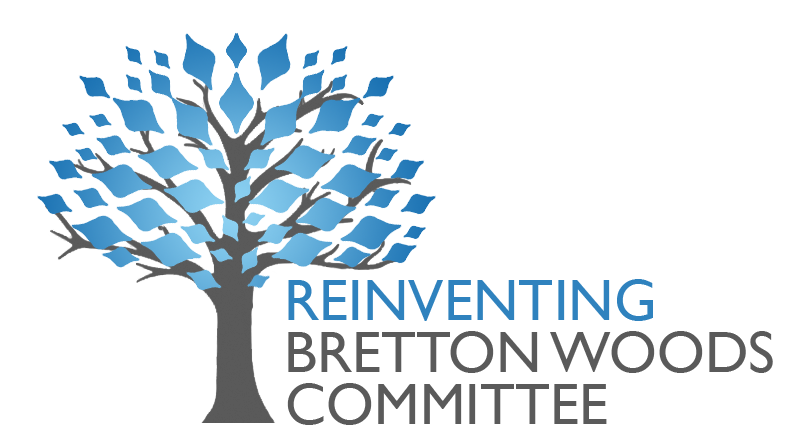Washington, DC
October 15, 2025
8:00-9:30 am

Middle/Rising Powers and New Coalitions: A Pivotal Force for Renewed Multilateralism?
VENUE:
1750 Pennsylvania Ave NW, #300
8:00-9:30 am
Concept
The Fourth Financing for Development Conference (FFD4) in Seville marked a turning point in global development cooperation, revealing both the limitations of traditional donor-led approaches and the emergence of new leadership dynamics. As some major powers stepped back from multilateral commitments, middle powers from both the global North and South seized unprecedented opportunities to drive progress on the $4 trillion SDG financing gap. Countries like Brazil, Australia, Indonesia, South Africa, and several European countries have demonstrated readiness to fill leadership voids in areas ranging from climate finance to South-South cooperation, suggesting a fundamental shift in how development cooperation might be structured and delivered.
This strategic repositioning comes at a critical juncture when mounting global challenges demand coordinated responses, yet traditional multilateral institutions face legitimacy deficits and operational constraints. Middle powers are uniquely positioned as bridge-builders in this fractured international system, possessing sufficient economic capacity and political legitimacy to lead meaningful initiatives while remaining less encumbered by the great power rivalries that often paralyze global governance. The question is whether these emerging actors can translate their individual capabilities into effective coalitions that reshape development finance, strengthen institutional reform, and forge innovative governance mechanisms reflecting today’s multipolar reality.
Roundtable Focus
This high-level roundtable will examine the concrete pathways through which middle power coalitions can become catalysts for renewed multilateralism over the next 12-18 months. Participants will explore how these countries are balancing bilateral development programs with multilateral engagement in institutions like the World Bank, IMF, and G20, identifying where global North and South middle powers might find common ground despite different development cooperation strategies and domestic constraints. The discussion will assess which policy areas offer the greatest potential for middle power leadership – from debt restructuring and climate finance to digital governance and regional integration – while examining what innovative financing mechanisms and institutional reforms middle powers are best positioned to champion collectively rather than individually.
Guiding Questions
-
How has the post-FFD4 landscape shifted power dynamics, and where are middle powers most effectively positioning themselves to fill gaps left by traditional donors?
-
What potential exists for new North-South coalitions among middle powers who share interests in reforming global financial architecture while maintaining distinct national development priorities?
-
What operational frameworks and platforms could maximize middle power collective influence in addressing global challenges such as climate change, debt sustainability and reform of the international financial architecture?
-
What are the risks of fragmentation or competing blocs, and how can middle powers avoid becoming instruments of great power rivalry
BY INVITATION ONLY
Opening Remarks
Elizabeth Cousens, President and CEO, United Nations Foundation
Speakers
Round 1 Moderator: Sara Burke, Senior Policy Analyst, Friedrich Ebert Stiftung
Nicole Goldin, Head of Equitable Development, UN University Centre for Policy Research (UNU-CPR)
Hung Tran, Nonresident Senior Fellow, Atlantic Council
Round 2 Moderator: Marc Uzan, Director, Reinventing Bretton Woods Committee
Antonio Freitas, Deputy Secretary for International Finance and Economic Cooperation, Government of Brazil
Philip Stevens, Director for International Finance, UK Foreign Commonwealth & Development Office
Closing Remarks
PARTNERS


